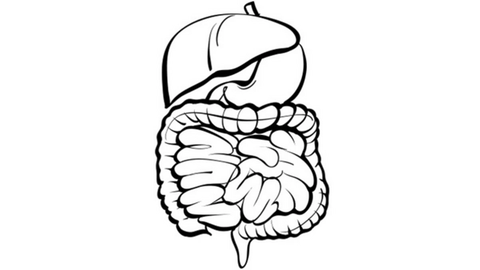The Targeted Pulse: Halted trials, Navigating BCG Shortage, and Addressing Cachexia

Infection, Respiratory Failure Halt Magrolimab Trial
The FDA put a full clinical hold on the phase 3 ENHANCE-3 trial (NCT05079230) evaluating magrolimab (Hu5F9-G4) for acute myeloid leukemia and myelodysplastic syndromes management. The increased risk of death, found by an independent data monitoring committee, was attributed to infection and respiratory failure.
“The complexity of treating blood cancer is highlighted in these results,” said Merdad Parsey, MD, PhD, chief medical officer, Gilead Sciences, in a news release, and the company has discontinued development of magrolimab as a therapy for hematologic malignancies. Other trials evaluating the drug such as the phase 1 PNOC025 (NCT05169944), phase 2 ELEVATELung&UC study (NCT04827576), and phase 1 MACOCUC-01 study (NCT05738161) continue, closely monitoring safety.

Vepdegestrant Makes Regulatory Headway
Vepdegestrant (ARV-471) received fast track designation from the FDA and intends to expedite the approval process for ER-positive/HER2-negative breast cancer management through the phase 3 VERITAC-2 trial (NCT05654623). The trial includes adult patients who have received prior endocrine-based therapy. As a novel oral PROteolysis Targeting Chimera (PROTAC) ER degrader, vepdegestrant works by targeting and degrading the estrogen receptor protein in cancer cells.
“…We continue to believe this investigational drug has the potential to harness the body’s own natural protein disposal system to selectively and efficiently degrade and remove disease-causing proteins,” John Houston, PhD, Arvinas chairperson, chief executive officer, and president, said in a news release.
Dr Zinner Delivers State of Oncologic Landscape
For World Cancer Day, Michael Zinner, MD, chief executive officer and executive medical director of Miami Cancer Institute, addressed targeted concerns faced by many providers in the oncology community: long-term COVID-19 effects on the workforce and cancer screenings, disparities in care, and difficulties keeping current with advancements.
Despite the challenges, Zinner emphasized, “Cancer care is my business, and I have been doing this for 45 years. I am more optimistic today than I have ever been in my career, and I want to make sure the public understands.”

Addressing Cachexia Concerns in Pancreatic Cancer
Sanjay Goel, MD, MS, medical oncologist, director of phase 1/investigational therapeutics, and professor of medicine at Rutgers Robert Wood Johnson Medical School explains the challenges associated with pancreatic cancer and why it’s still a difficult cancer to treat.
Goel explained, that “symptoms don’t present until the cancer is already advanced and a particularly challenging symptom is cachexia or wasting syndrome.” Goel’s research focuses on this symptom through data mining and gaining understanding of specific proteins such as “SMAD3, which is considered an activator of the cachexia pathway,” Goel stated.
Mitigating Strategies Relieve BCG Shortage
Stephen Williams, MD, MS, FACS, unpacks the data from a retrospective cohort study that showed that intravesical gemcitabine use was increasing across both Bacillus Calmette-Guérin (BCG)-exposed and -naive patients. Williams is associate chief medical officer at the University of Texas Medical Branch (UTMB) Galveston, chief of the Division of Urology Department of Surgery, and medical director for high value care of the UTMB Health System.
Williams addressed BCG shortages leading to this increase and the gap in costs between agents. “Bladder cancer is the [costliest] cancer of all cancer types,” Williams stated. “We need to be more judicious on how we allocate treatment but also [its] availability.”
Thank you for joining us for this week’s Targeted Pulse. Look out for more recaps to come.